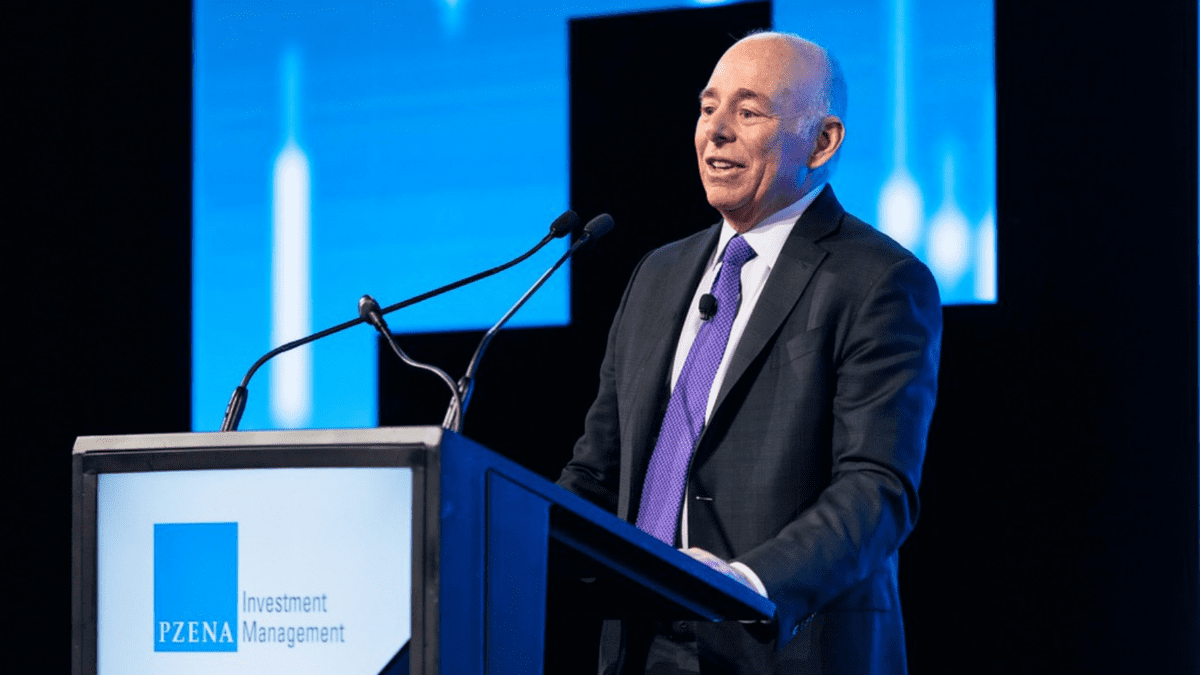Balanced super fund returns in the red
The term “hold on for dear life” came to explain the events of 2020 and 2021, as did “buy the dip.” For those beginning investing for the first time their experience couldn’t have been more positive; every fall in the market was followed by another rally, and the prevailing view was that markets always go up if your holding period is long enough.
Asset allocation and diversification are central to this belief, as there have been periods in history when equity markets have delivered nothing in the way of returns for several decades.
July marked the end of what will stand out as one of the most difficult and worst-performing periods for “balanced” funds in history, which many hope we never see again. While a lot of attention is paid to the 40/60 balanced portfolio that has struggled significantly, very few, if any, investors outside of robo-advice or online investing services actually implement this approach blindly. The majority of advised portfolios are constructed with significantly more nuance and consideration of correlations.
According to data released this week, the average balanced super fund has posted just the fifth financial year loss since 1992; so, five negative years in 30. Interestingly, this fits the definition of the objective returns and risk expectations for these portfolios that must be included in product disclosure statements.
AustralianSuper was the first to report its numbers, somehow confirming a negative return of 2.7 per cent just a few days after the quarter had ended. I say “somehow” because the portfolio has anywhere from 25 to 40 per cent in unlisted assets including properties, which are valued in different ways and in different times. For instance, the 30 June figure for this and many other super funds may not reflect the ultimate value of its venture capital, private equity or direct property assets, for which valuations will only be available a few months from now.
Despite this caveat, the performance was solid, and driven, according to CIO Mark Delaney, by the resilience of unlisted assets like Sydney Airport, which the group was involved in taking private. This 2.7 per cent loss compared to an average 4.5 per cent loss from those tracked by FE Fundinfo’s ‘Balanced’ index, while Super Ratings put the median at minus 3.4 per cent. By comparison, the Morningstar Balanced Index fell closer to 8 per cent for the year.
That said, this is clearly going to be a year where dispersion of returns is higher than the past for a number of reasons. On the one hand the pricing policy of unlisted assets and the discount rate used will determine the valuation of large swathes of the portfolio, as will the treatment of venture capital investments and the rate at which they are marked-to-market.
Similarly, those who were holding traditional long-duration government bonds, which the forced YFYS benchmarks require, will have suffered greater losses. Similarly, those pursuing more responsible investing strategies will have missed the returns from fossil-fuel investments, as did those with large allocations to growth companies.
As usual, all this benchmark data must be taken with a grain of salt and investors ensuring they are comparing like-for-like when it comes to their own approach.











